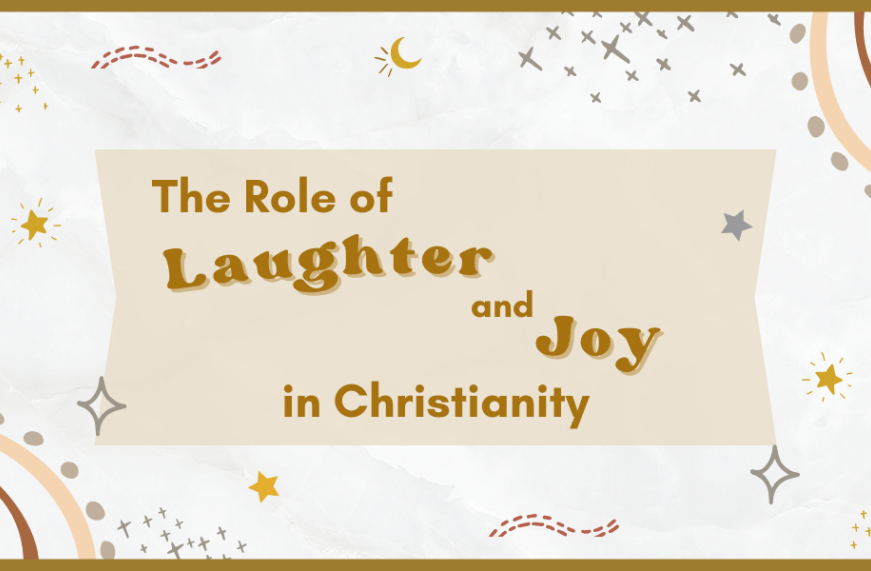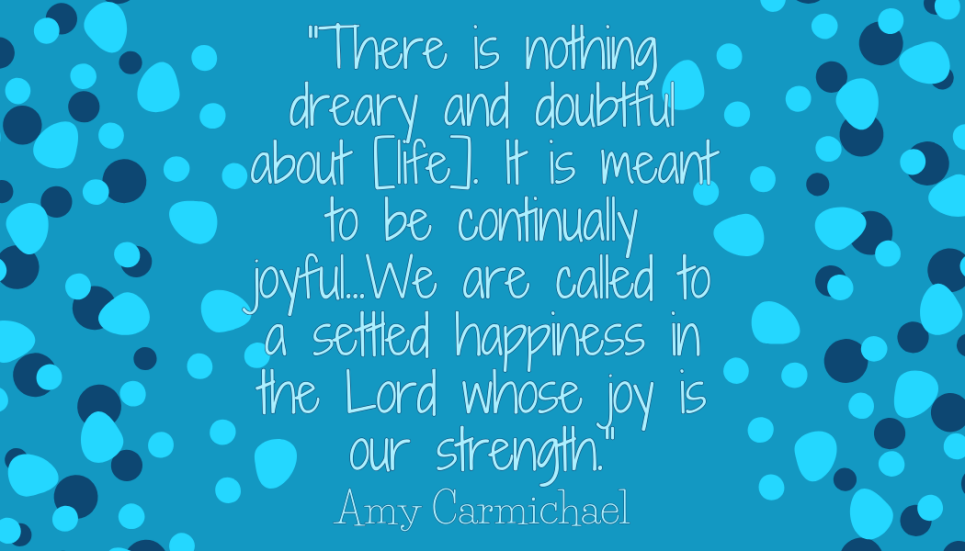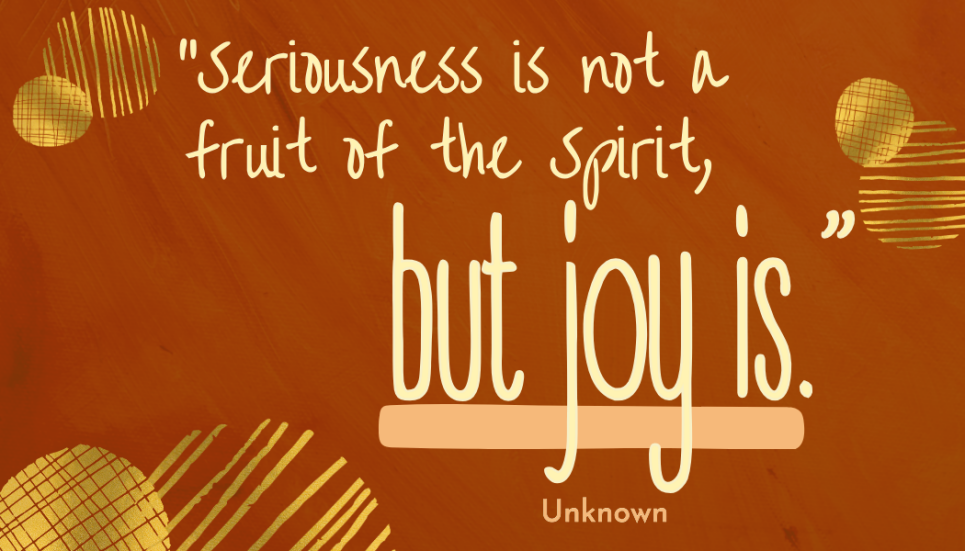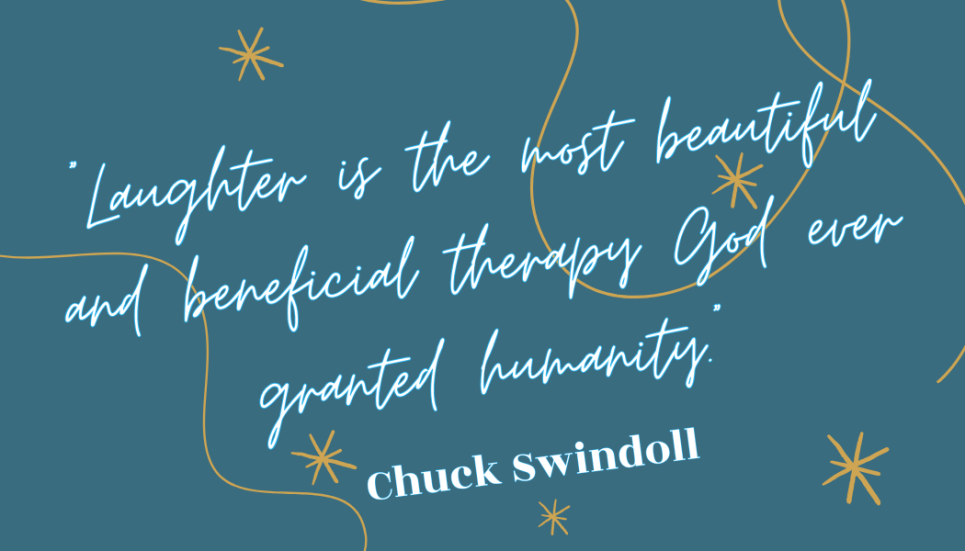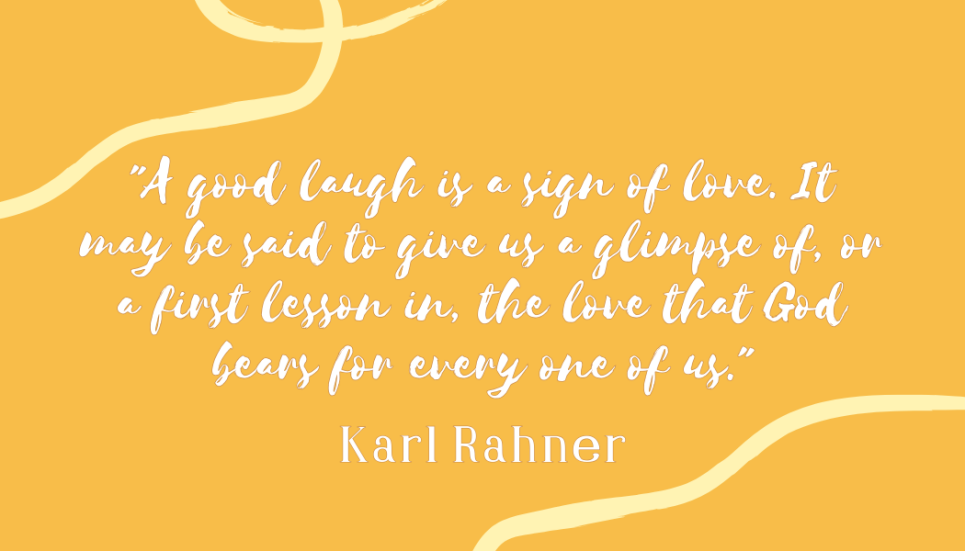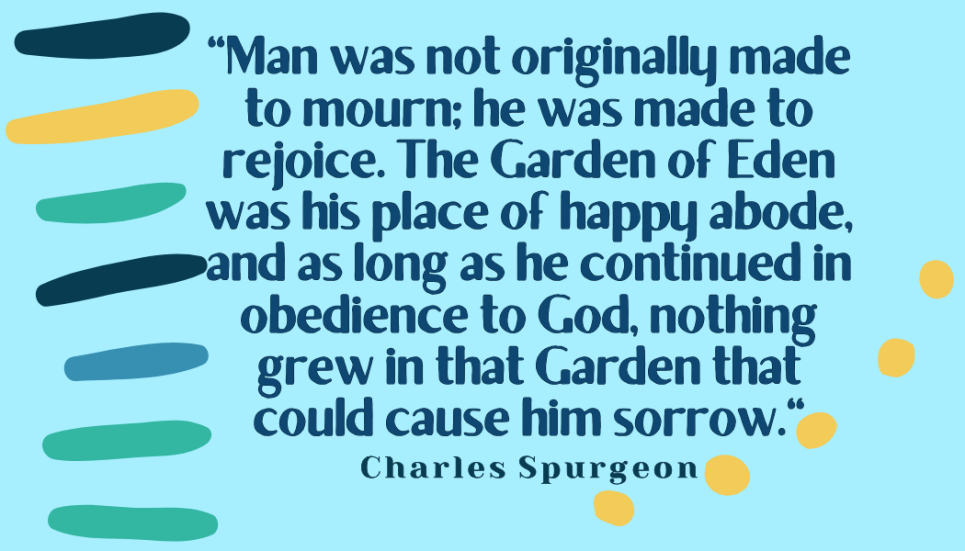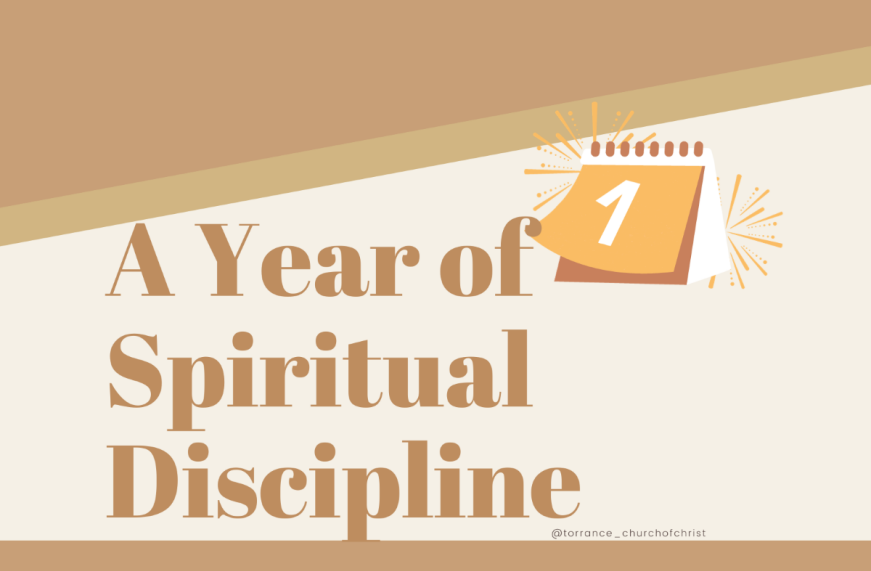Articulate Your Purpose and Calling: Developing a Personal Mission Statement
A personal mission statement is a powerful tool that defines one's purpose, guiding values, and the path to fulfilling their unique calling. For Christians, it holds special significance as it aligns one's life with God's will, providing clarity and direction rooted in His principles. This post is designed to assist you in crafting your personal mission statement, enabling you to clearly articulate your purpose and embrace your unique calling with confidence and clarity.
Discover Your Purpose
Recognizing God’s purpose for you begins with acknowledging the biblical foundation that establishes each person’s life has meaningful direction and intent.
“For I know the plans I have for you,” declares the Lord, “plans to prosper you and not to harm you, plans to give you hope and a future. Jeremiah 29:11
For we are God’s handiwork, created in Christ Jesus to do good works, which God prepared in advance for us to do. Ephesians 2:10
Jeremiah 29:11 assures us that God has plans for us, plans to prosper and not harm us, and Ephesians 2:10 states that we are God’s handiwork, created in Christ Jesus to do good works, verifying that our lives have purpose and direction. These verses affirm that we are intentionally crafted with unique gifts, talents, and passions meant to fulfill specific roles in God’s plan. Reflecting on these truths encourages us to explore our unique gifts, talents, and passions.
Once we’ve identified these, we can discern how God has uniquely equipped us to contribute to His kingdom, and use our distinct abilities to serve others while glorifying Him.
Benefits of a Mission Statement:
- Articulates God-Given Purpose
- Guides Daily Life and Decisions
- Enhances Spiritual Growth
- Motivates and Inspires Faithful Living
- Facilitates Evangelism and Service
- Provides Clarity in Times of Uncertainty
- Promotes Accountability and Integrity
- Strengthens Identity in Christ
- Enhances Community and Fellowship
- Encourages Long-Term Faithfulness
Steps to Developing a Personal Mission Statement
Prayer and Reflection: Take the time for some quiet prayerful reflection. Ask God to provide direction for your life and calling.
Identify Core Values
To distinguish your deepest held values, ask yourself identifying questions such as:
- When faced with difficult decisions, what do you prioritize?
- What qualities or virtues do you admire most in others?
- In what areas of your life do you consistently invest time, energy, and resources?
- How do you define success and fulfillment in life?
- In what ways do you demonstrate empathy and compassion towards others?
Determine Your Passions and Strengths: Take the time to recognize your passions, talents, and strengths.
Set Specific Goals: Determine your short-term and long-term goals. Consider how they resonate with your values, passions, and strengths.
Write Your Statement: Consider using the following structure to write your mission statement: "My mission is to [action] through [method] to achieve [result] for [audience/beneficiaries]."
Refer to the following samples for inspiration:
- "My mission is to use my gifts of teaching and mentoring to disciple believers, equipping them to live out their faith boldly and make a positive impact in their spheres of influence, ultimately glorifying God in all aspects of life."
- "My mission is to nurture and strengthen families, providing support and guidance rooted in biblical principles, and helping them grow in faith, unity, and love, reflecting the image of God in their relationships."
- "My mission is to be a faithful witness of Christ's love in my community, reaching out to the lost and hurting with the message of salvation, and demonstrating God's love through acts of kindness, hospitality, and grace."
- "My mission is to advocate for the voiceless and oppressed, standing up for justice and righteousness in a world plagued by inequality and injustice, and striving to bring about God's kingdom of peace and equality."
- "My mission is to use my artistic talents to glorify God and inspire others, creating works that reflect His beauty, truth, and grace, and pointing people to the ultimate Artist and Creator of all things."
Use this worksheet as a tool to help you discern your unique mission
Bring Your Mission Statement to Life
Breathe life into your mission statement through intentional actions and habits that mirror your stated purpose.
Set Clear Goals: Define specific, achievable goals that align with your mission and work towards them each day.
Create a Routine: Establish daily habits and routines that reflect your mission and help you stay focused on your goals. Consider reading it out loud when you first wake up or incorporate it into your morning prayer and devotional routine.
Live with Integrity: Strive to live per your values and principles, maintaining integrity in all your actions and decisions.
Seek Opportunities for Growth: Continuously seek opportunities for personal and spiritual growth that will help you fulfill your mission and reach your full potential.
Practice Self-Care: Prioritize self-care practices that nurture your physical, mental, and spiritual well-being, ensuring you have the energy and resilience to live out your mission effectively.
Be Mindful: Practice mindfulness and intentional living, staying present in each moment and mindful of how your actions and choices align with your mission.
Use Visual Aids: Keep your mission statement at the forefront of your mind by creating visual reminders. For example, you can write your mission statement on a sticky note and post it to your bathroom mirror, refrigerator, or workspace, set it as the background for your lock screen on your electronic devices, or create a vision board.
Review and Adjust as Needed: Review and adjust your mission statement as needed, allowing room for growth, refinement, and alignment with God's evolving plans for your life. This continual evaluation ensures that your actions remain in harmony with your mission and God's calling upon your life.
Lean on God: Prioritize your relationship with God through prayer, scripture reading, worship, and fellowship, seeking His guidance and strength to live out your mission each day.
Wrapping Up
The significance of having a personal mission statement cannot be overstated, as it provides clarity, direction, and motivation for faithful living; guiding us toward a life of meaningful impact. As we conclude, we encourage you to share your mission statement or insights about the process of crafting your statement in the comments.
-Torrance Community Church of Christ

